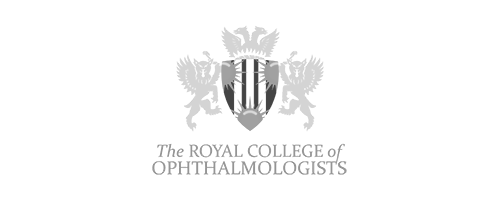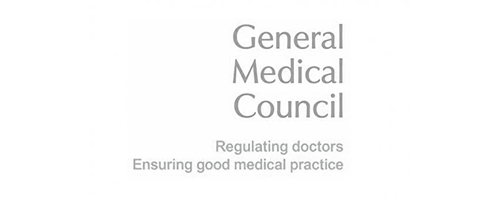MODERN CATARACT SURGERY
Cataract surgery involves replacing the cloudy lens inside your eye with an artificial one. It has a high success rate in improving your eyesight. It can take 2 to 6 weeks to fully recover from cataract surgery.
Misha also offers her patients the option of Premium Lens Cataract Surgery. Unlike standard IOLs used in most cataract surgeries, which allow for clear vision at only a single distance, premium IOLs are designed to provide near, intermediate, and distance vision without glasses or contacts. Some premium IOLs can even correct for astigmatism.
WHAT ARE CATARACTS?
A cataract is when the natural lens of the eye, which is usually clear, starts to become cloudy. Over time the cloudiness usually gets worse causing blurry or misty vision and eventually blindness if not treated. Cataracts usually appear in both eyes, but they may not develop at the same time or be the same in each eye.
They are more common in older adults and can affect your ability to carry out daily activities such as driving. Cataracts can also affect babies and young children but this is quite rare.
Cataracts might cause symptoms such as:
- blurred or misty vision;
- lights are too bright or glaring, for example oncoming headlights at night or low sun;
- difficulty seeing in low light;
- colours may look faded; and
- if you wear glasses, you may feel your lenses are dirty and need cleaning, even when they don’t.
Cataracts aren’t usually painful and don’t make your eyes red or sore.
TREATMENT FOR CATARACTS
If your cataracts aren’t too bad, stronger glasses and brighter reading lights may help for a while. But cataracts get worse over time, so you’ll eventually need surgery to remove and replace the affected lens.
Surgery is the only treatment that is proven to be effective for cataracts. Cataract surgery involves replacing the cloudy lens inside your eye with an artificial one. It’s the most common operation performed in the worldwide, with a high success rate in improving your eyesight.
DO I NEED SURGERY?
If you have cataracts, it is your decision whether or not to go ahead with cataract surgery. For most people the time to have a cataract operation is when the cataracts are affecting your eyesight and quality of life, for example driving, daily activities and hobbies or interests.
You can choose to put off having surgery for a while and have regular check-ups to monitor the situation. There are no medicines or eye drops that have been proven to improve cataracts or stop them getting worse.
BEFORE THE OPERATION
Before surgery you will need an assessment with your eye specialist. During the assessment different measurements will be taken of your eyes and your eyesight.
You eye specialist will discuss with you:
- the risks and benefits of surgery;
- if you’ll need glasses after surgery;
- how to look after the eye after the operation; and
- how long you will take to fully recover.
- your lens implant preference, such as near sight or long sight;
Please feel free to ask any questions during your assessment!
THE OPERATION
Cataract surgery is a straightforward procedure that takes 20 to 30 minutes. It is usually carried out as day surgery and most people go home the same day.
The operation is normally done under local anaesthetic, which means that you will be awake for the operation. The local anaesthetic numbs the eye so that you do not feel or see very much, and you can have some sedation to help you feel more relaxed if you wish.
During the operation, the surgeon will make a tiny cut in your eye to remove the cloudy lens and replace it with a clear plastic one.
If you have cataracts in both eyes, you will need two separate operations, usually carried out a few weeks apart. This will give the first eye to be treated time to heal and your vision time to return.
Most people are able to resume normal activities within a matter of days of the operation, although it can take 4 to 6 weeks to fully recover from cataract surgery.
BENEFITS OF SURGERY
After cataract surgery you should be able to:
- see things in focus;
- look into bright lights and not see as much glare; and
- tell the difference between colours.
If you have another condition affecting your eyes, such as diabetes, macular degeneration or glaucoma, you may still have limited vision, even after successful surgery.
RISKS OF SURGERY
- The risk of serious complications developing as a result of cataract surgery is very low.
- Most common complications can be treated with medicines or further surgery.
- There is a very small risk of permanent sight loss in the treated eye as a direct result of the operation.







